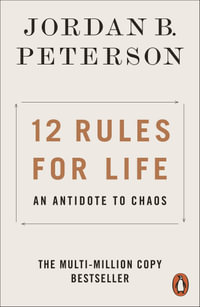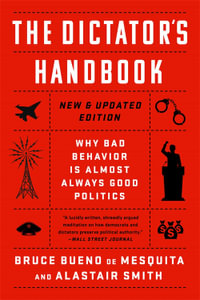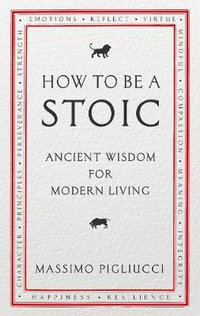This book argues that Simone Weil's short life (1909-1943) is best understood as deeply invested in and engaged with the world around her, which she knew she would leave behind sooner rather than later if she took risks on the side of the oppressed. To present Weil first and foremost as a political philosopher, Benjamin Davis places her work in conversation with feminist philosophy, decolonial philosophy, and Marxism. Against the backdrop of Weil's commitments, Davis reads Weil into debates in contemporary Critical Theory. He argues that in the battles of today, we need to reconnect with Simone Weil's ethical and political imagination, which offers a critique of oppression as part of a deeper attention to the world.
Industry Reviews
In his beautifully written and assiduously detailed book, Davis considers Simone Weil's politics of community, of self, and of thought. Approaching Weil as a sophisticated political philosopher, Davis illuminates an entirely new dimension of Simone Weil's thought and engagement with the turbulence of interwar France. He does so with all the grace and attention one could desire, and provides an irrefutable argument as to why we should all be reading Simone Weil with Davis as our guide. --Helen M. Kinsella, University of Minnesota In this moving account of Simone Weil's political thought, Benjamin Davis merges world history and personal testimony, theory and living, brain and heart. He shows that one's scholarship and one's life cannot be separated easily. --Christy Wampole, Princeton University This book made me understand Simone Weil in a thrilling new way. With clear exposition and forceful argumentation, engaging with Weil texts that are familiar and those that are often overlooked, Benjamin Davis succeeds in inserting Weil into the canon of outstanding twentieth-century political philosophers. --Vincent Lloyd, Villanova University Too many of Simone Weil's readers have accepted some version of Charles de Gaulle's condescending verdict: 'she's crazy'. In this powerful and thoughtful study, Benjamin Davis treats Weil as a philosopher who tested her ideas in the factories, high schools, and battlefields of world capitalism and the French Empire. In doing so, he offers a strikingly original portrait of a thinker whose commitment to unifying thought and action offers much to anyone who hopes to understand capitalism and empire today. --Jessica Whyte, University of New South Wales
























